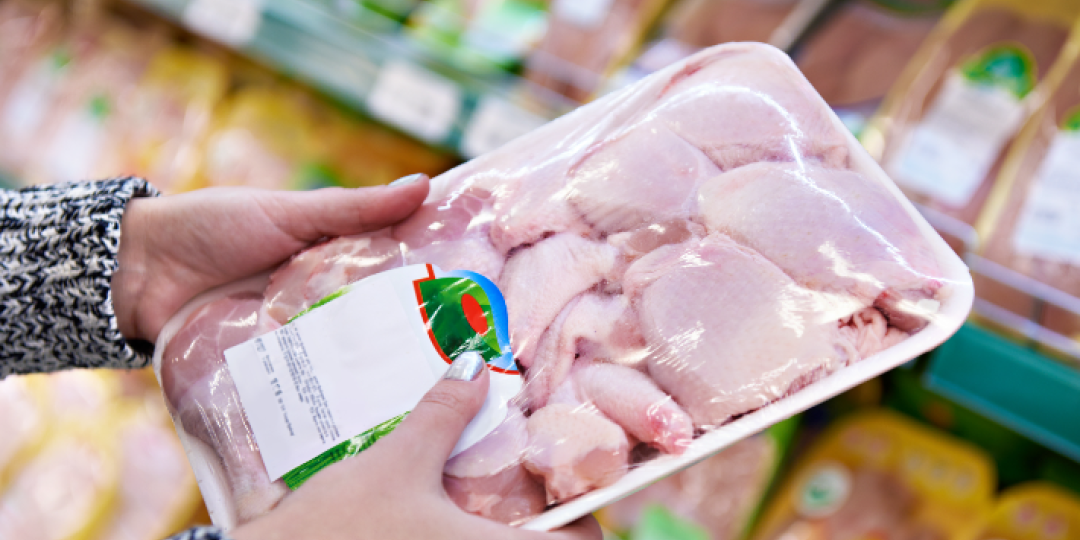Statistics revealed by advocacy group FairPlay have revealed the extent of damage to the local poultry industry that the intransigence of government to implement anti-dumping duties has caused.
According to Fairplay, the refusal by Minister of Trade Industry and Competition, Ebrahim Patel, to implement anti-dumping duties on chicken portions from Brazil and four European Union countries last year has seen imports of bone-in chicken portions, mainly leg quarters, from Brazil skyrocketing this year.
In April, the latest month for which statistics are available, imports of bone-in chicken from Brazil were six times higher than in August last year, when the anti-dumping duties should have been imposed.
In 2022, an official investigation by South Africa’s trade commission found that the five countries were dumping chicken in South Africa, harming the local industry and costing local jobs. It recommended anti-dumping duties to restore fair competition.
Last August, Patel accepted the recommendations – but then postponed implementation for a year because he feared they might add to food price inflation.
“Monthly imports reports, compiled by the SA Poultry Association from official Sars statistics, show how imports of bone-in chicken from Brazil have climbed since that decision. The increase started last November and has been particularly notable this year,” says the advocacy group.
“While imports from the EU countries were halted by bird flu bans, Brazil is taking full advantage of the licence to dump it has been given by the South African government.”
The anti-dumping duties affect frozen bone-in portions, such as leg quarters, drumsticks and chicken wings, which compete with local frozen chicken packs. While those imports had been declining since a 2018 peak, that trend is now reversing.
Most imports come from two countries that are officially allowed to dump chicken in South Africa – the United States because it has negotiated a substantial import quota free of anti-dumping duties, and Brazil because the South African government gave it a free pass last August.
Imports of leg quarters skyrocket
Volumes of bone-in chicken portions rose from 4 881 tonnes in January to 12 195 tonnes in March, dropping to 8 853 tonnes in April, according to the latest available official statistics.
Monthly totals in two months this year were double what they were in August last year, when the anti-dumping duties should have been imposed. In March they were three times as high.
Bone-in imports from Brazil in April were six times as high as they were last August. In August last year, Brazil landed 572 tonnes of bone-in chicken portions in South Africa. By April this year, that total had shot up to 3 530 tonnes.
Even after a general duty of 62% on Brazil’s bone-in imports, they still land consignments at prices lower than South African producers can sell for. FairPlay points out that it’s an unfair advantage that anti-dumping duties are meant to counter.
Ireland, too, is now able to dump bone-in chicken in South Africa. A bird flu ban that has prevented Ireland from taking advantage of the suspension of the duties has been lifted. Ireland also benefits from the added advantage that EU imports are free of the general duty to which Brazilian producers are subject.
Next on the list? Denmark, Poland and Spain, the other three EU countries found to have dumped chicken in South Africa, harmed the local poultry industry and cost local jobs. They remain under bird flu bans, but will be hoping that the virus abates.
What about offal and MDM?
Bone-in chicken is only one component of South Africa’s chicken imports, FairPlay points out. Other categories are rising too. More than half of what South Africa buys from Brazil is mechanically deboned meat, or MDM, a paste used in the manufacture of processed meats such as polonies and sausages. MDM comes into South Africa duty-free.
Another sizeable chunk of Brazil’s chicken shipments is offal – mostly chicken feet and livers - which are imported in surprisingly large quantities. In April, Brazil sent R56 million worth of chicken feet to South Africa, only slightly less than the R58m worth of leg quarters.
Major categories of Brazilian chicken exports to South Africa are all on the increase – MDM, offal and bone-in chicken portions. The steady rise may have been spurred on by the combined threats of a potential bird flu ban on Brazilian poultry exports, and the possibility of anti-dumping duties coming into force in August.













